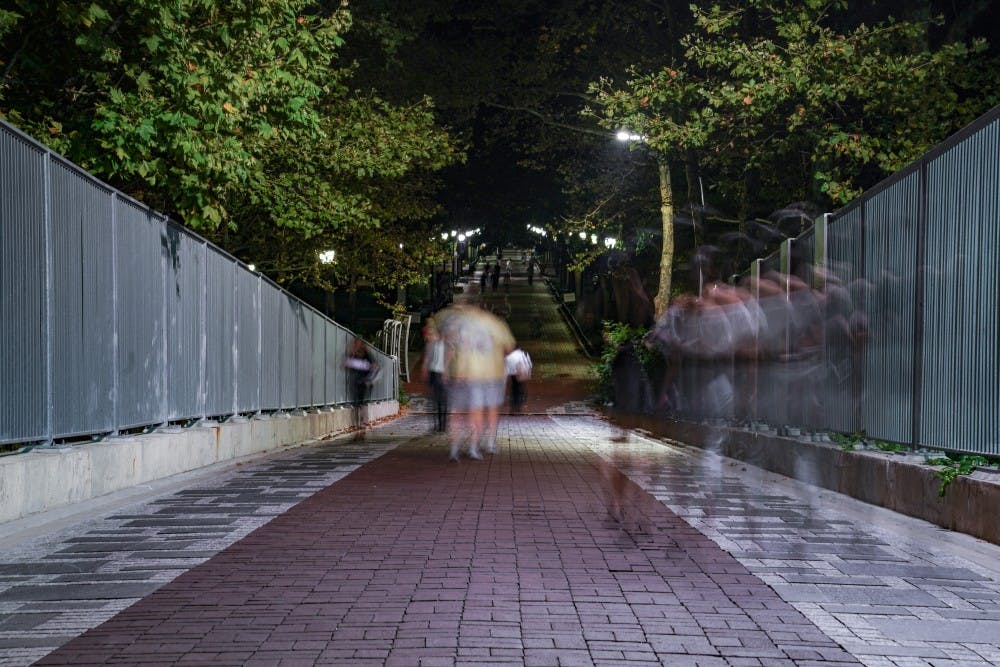
Student government leaders across Penn's campus are looking inward to improve wellness in their own groups and committing to campus-wide mental wellness initiatives following the death of Counseling and Psychological Services Executive Director Gregory Eells.
The students are focusing on strengthening their own communities and instituting internal mental wellness discussions. They are also seeking to partner closely with CAPS to extend existing programs, such as working to embed CAPS services in undergraduate schools.
The Undergraduate Assembly is planning to work with CAPS to expand embedded models across undergraduate schools, UA Vice President and College senior Brian Goldstein said.
Eells undertook a similar project while he was director of CAPS at Cornell University and was interested in pursuing this at Penn, UA Equity and Inclusion Committee Director and College sophomore Mary Sadallah said.
Sadallah has worked on expanding the presence of CAPS beyond its traditional offices to various locations across campus.
Sadallah said she met Eells at the “Your Big Idea” wellness competition in April, where she presented her idea of extending CAPS' reach. She said Eells was excited about Sadallah’s ideas and was willing to work with her in her efforts to place CAPS clinicians across campus and in different undergraduate schools, she said.
Goldstein said the UA would seek to strengthen their partnerships with Penn Wellness and Chief Wellness Officer Benoit Dubé and expand distribution of the updated UA Wellness Guide across campus.
"With regard to Dr. Eells’ death, this has encouraged the UA to continue to work on our wellness related initiatives," Goldstein wrote in an emailed statement.
Nominations and Elections Committee Chair and College senior Olivia Crocker said the NEC is hoping to place an emphasis on mental wellness internally and in the elected branches of student government through their role as election facilitators.
Crocker said the NEC wants to reduce stress in the election process. This year, the monetary campaigning period will start at 8 a.m. instead of 7 a.m. to allow candidates to sleep in, and the results presentation will have counselors from the Reach-A-Peer Helpline available to talk to the candidates.
Crocker also hopes to engage in interbranch conversations with other student government leaders on how best to respond to Eells’ death. This discussion would likely occur at the first Penn Student Government Steering meeting of the semester, where the heads of the six undergraduate branches meet, which she said will most likely be this weekend.
“I think it’s hard for people to be able to feel positive about the state of mental health resources at this university when something like this happens,” Crocker said. “But I’m hoping that we have some productive conversations at this first meeting.”
Graduate and Professional Student Assemly President Greg Callaghan said Eells was a "wonderful source of support" for the graduate student community.
"It was always clear that Dr. Eells' concern for graduate student well-being was deep and genuine," said Callaghan, a sixth-year Ancient History Ph.D. candidate.
Deputy News Editor Ashley Ahn contributed reporting.
The Daily Pennsylvanian is an independent, student-run newspaper. Please consider making a donation to support the coverage that shapes the University. Your generosity ensures a future of strong journalism at Penn.
Donate







